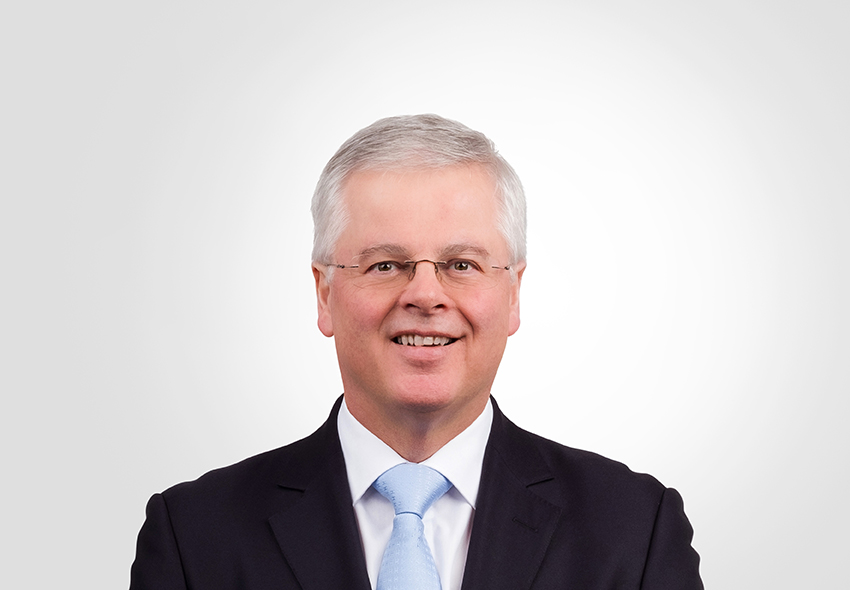
Geoff Cook, Mourant Consulting
Navigating the complex terrain of global finance and investment in 2024 demands a nuanced understanding of geopolitical events and domestic economic policies, pivotal in shaping the flow of foreign direct investment (FDI).
The Electoral Landscape
The year 2024 stands out for its sheer volume of electoral activity and the strategic importance of these elections to the global economic order. The United States' election, potentially pitting Joe Biden against Donald Trump once more, symbolises the profound policy divergences that could reverberate through global markets.
President Biden's administration would likely continue to prioritise domestic manufacturing and assert a leadership role in coordinating the foreign policy of Western democracies, with a keen focus on China. This approach suggests continuity and stability in trade policies and international alliances.
However, a Trump victory could signal a marked shift, with the potential withdrawal of support for Ukraine, scepticism about NATO's relevance, and the introduction of significant tariffs on imports, including a notable 60 percent on Chinese goods. Such policies could introduce a degree of unpredictability and tension into global economic relations and financial markets.
Narendra Modi is anticipated to secure a third term in India, emphasising the nation's drive towards technological advancement and manufacturing self-sufficiency under the 'Make in India' and 'Digital India' banners. This political continuity suggests a stable and favourable environment for FDI, particularly in the technology and manufacturing sectors. India seeks to capitalise on the global realignment of supply chains away from China.
In the European Union, forthcoming elections and the anticipated leadership changes present challenges and opportunities. With issues such as demographic shifts, economic stagnation, and energy security at the forefront, the EU's strategy towards managing its relations with major powers like the United States and China and its stance on enlargement and border security will be critical. The EU's ability to navigate these complex issues while maintaining internal cohesion will significantly influence its attractiveness to investors, particularly in the energy, technology, and sustainability sectors.
Finally, in Russia, 108 million people are expected to have the opportunity to vote for a new president, although there is likely to be only one serious candidate. It will be a year of 'democracy on trial' as the seemingly intractable problems in the United States, a very probable change of political guard in Britain, and the apparent weakness of the coalition in Germany, all play out.

Ben Robins, Mourant
Attracting FDI
In this context, attracting FDI requires countries to not only navigate geopolitical tensions but also to enhance their domestic economic appeal through specific criteria:
1. Political Stability and Governance: The forthcoming elections underscore the importance of political stability as a determinant of investment attractiveness. The outcomes of these elections could either reinforce or undermine the predictability and stability that investors seek.
2. Economic Policies and Incentives: Favourable economic policies, including tax incentives, subsidies, and supportive regulatory environments, are crucial for attracting FDI. As seen in India's initiatives, countries demonstrating a commitment to fostering innovation are particularly attractive to foreign investors.
3. Global Alliances and Trade Agreements: Active engagement in international alliances and trade agreements enhances a country's appeal by providing investors with broader market access and reduced trade barriers. The stance of the United States and the EU on these matters will be particularly consequential.
4. Infrastructure and Connectivity: Investment in physical and digital infrastructure is a crucial attractor of FDI. Efficient transport networks, reliable energy supplies, and high-speed digital connectivity are fundamental to operational efficiency and competitiveness.
5. Labour Market and Skills Development: A skilled and adaptable workforce is essential for attracting investment, especially in high-value technology and advanced manufacturing sectors. Countries investing in education and skills development, ensuring a steady talent pipeline, are more likely to attract FDI.
6. Legal Framework and Intellectual Property Protection: A robust legal framework that protects investments and intellectual property rights is critical for securing investor confidence and fostering a conducive environment for FDI.

Alex Last, Mourant
As we navigate the intricacies of 2024, the interplay between geopolitical events, electoral outcomes, and domestic economic policies will play a pivotal role in shaping the global investment landscape.
International Finance Centres that effectively address these criteria, ensuring political stability, fostering economic growth, and maintaining strong international relationships, will be attractive investment hubs for foreign direct investment.
For investors and policymakers alike, understanding and adapting to these dynamics will be crucial for capitalising on opportunities and navigating the challenges of the global economic environment.




